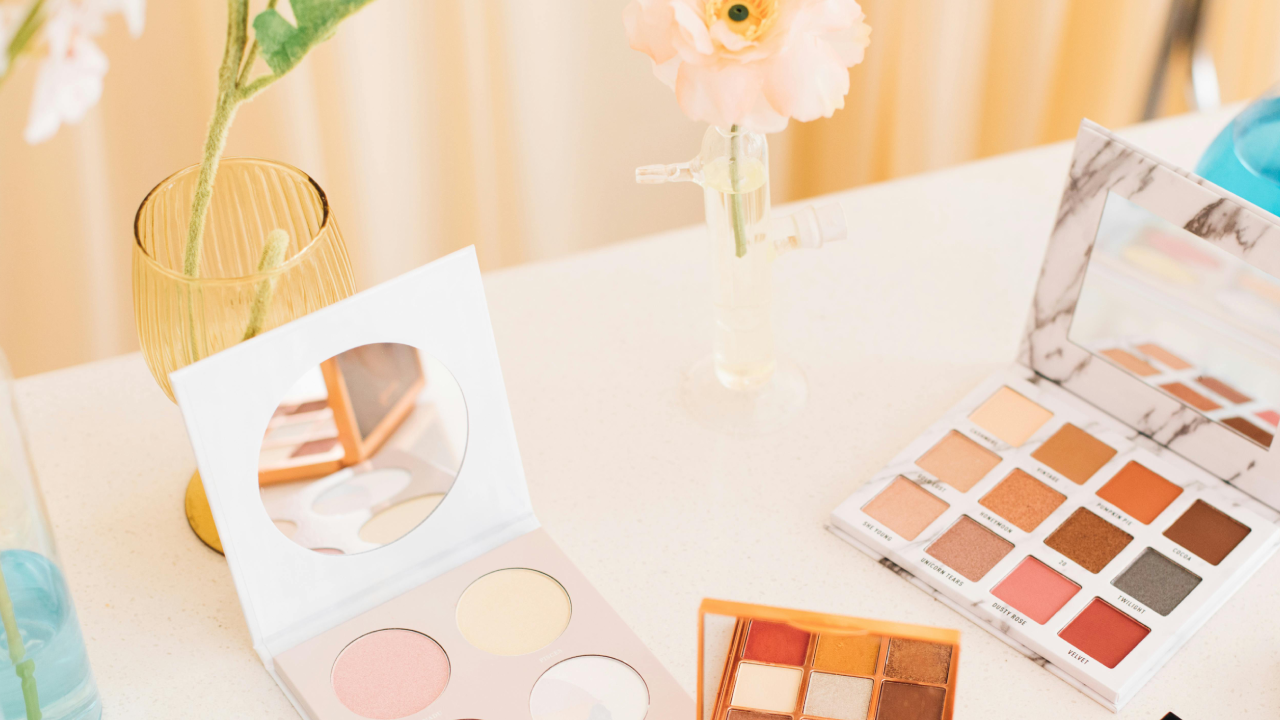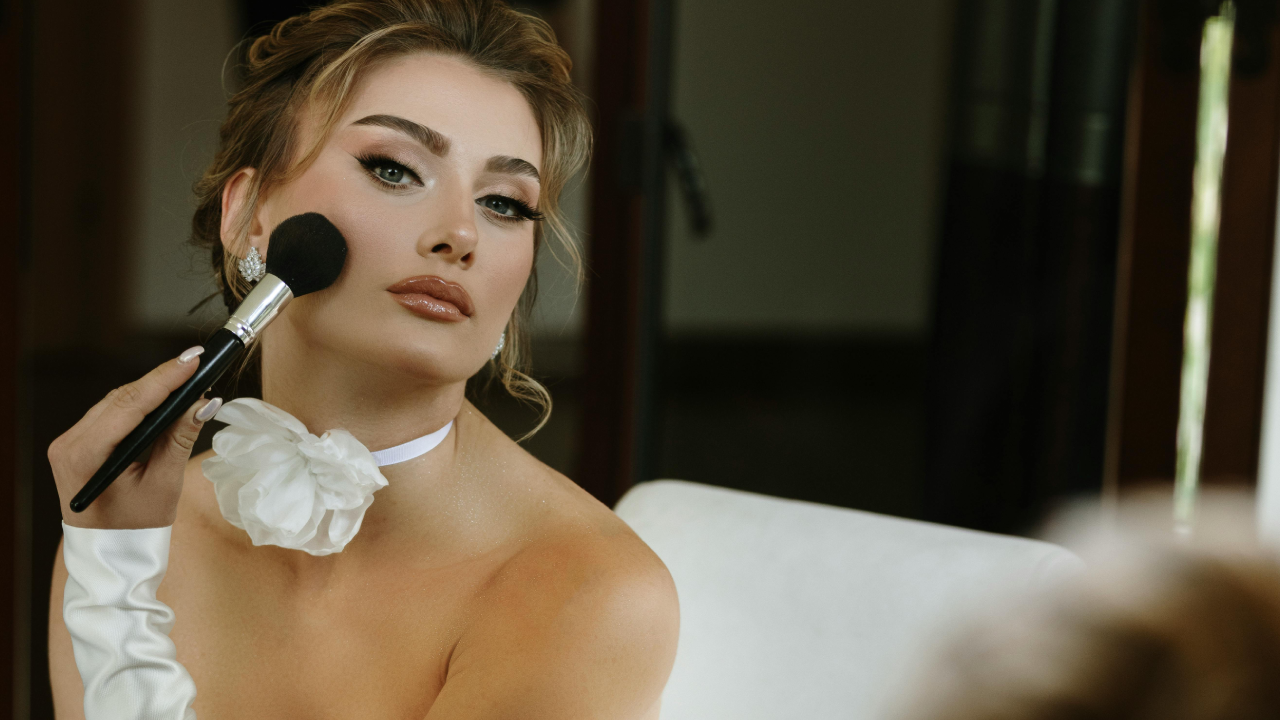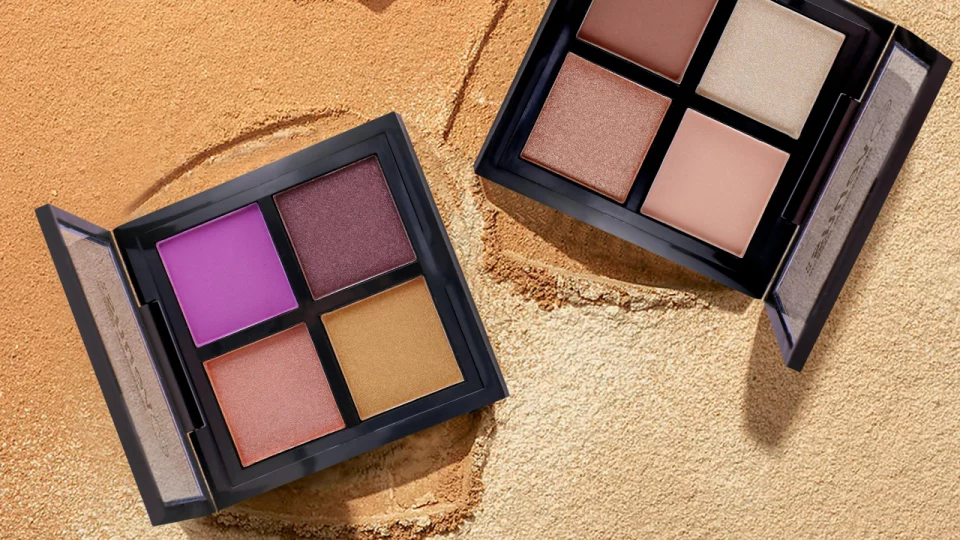In recent years, the beauty industry has undergone a remarkable transformation, with independent brands taking center stage.
Consumers today are more informed and conscious about the products they use, particularly in terms of the ingredients and the impact of these products on the environment. This shift has led to the rise of clean beauty, where non-toxic, eco-friendly, and cruelty-free products are no longer just trends but expectations.
Independent beauty brands, with their emphasis on transparency, sustainability, and innovation, are reshaping the industry and capturing the loyalty of consumers who seek authenticity and quality over mainstream appeal.
Table of Contents
Why Independent Brands Stand Out
One of the key reasons independent beauty brands have gained traction is their commitment to transparency. Unlike large multinational corporations, which are often criticized for their lack of openness about sourcing, production processes, and ingredients, independent brands prioritize honesty and direct communication with their customers.
This transparency builds trust, a valuable currency in today’s market where consumers are increasingly skeptical of corporate greenwashing—using misleading claims about sustainability to sell products.
The autonomy that comes with being an independent brand allows for greater creativity and innovation. Without the constraints of a larger parent company, these brands can make quick decisions, experiment with unique formulations, and bring niche products to market. This flexibility enables them to cater to specific consumer needs and preferences that are often overlooked by mainstream brands. Additionally, independent brands tend to have a strong presence on social media, leveraging these platforms to connect with their audience in a more personal and engaging way.

The Success Stories: Leading Independent Beauty Brands
Several independent beauty brands have managed to carve out a space for themselves in the highly competitive beauty market. These brands stand out not only for their innovative products but also for their unique stories and commitment to ethical practices.
Isamaya Beauty
Isamaya Beauty is one such brand that has redefined the boundaries of makeup. Founded by renowned makeup artist Isamaya Ffrench, the brand is known for its bold, artistic approach to beauty. By creating products that challenge traditional beauty standards and packaging that reflects Ffrench’s editorial background, Isamaya Beauty has cultivated a loyal following of consumers who appreciate makeup as a form of self-expression.
By Terry
Another standout brand is By Terry, founded by makeup artist Terry de Gunzburg in 1998. By Terry is celebrated for its luxury makeup and skincare products that blend high-end formulations with skincare benefits. The brand’s dedication to innovation and its vegan, scientifically-driven products have made it a favorite among consumers who seek both quality and efficacy.
Nécessaire
Nécessaire, co-founded by Randi Christiansen and Nick Axelrod, focuses on skin health and sustainability. The brand’s gender-neutral products, free of harmful chemicals, appeal to consumers looking for clean, effective skincare. Nécessaire’s minimalist packaging and commitment to ethical sourcing further enhance its appeal to the environmentally conscious.
Sunday Riley
Sunday Riley, a brand that has taken the beauty world by storm, is known for its high-performance skincare products that combine scientific and botanical ingredients. Despite its global success, the brand remains independently owned and prides itself on its authenticity. By showcasing real people’s experiences with their products on social media, Sunday Riley has built a strong community of loyal customers.
Westman Atelier
Westman Atelier, founded by makeup artist Gucci Westman, offers luxury clean beauty products that prioritize natural ingredients and sustainability. The brand’s emphasis on ethical practices and effortless performance has resonated with consumers seeking both luxury and eco-consciousness.
RMS Beauty
RMS Beauty, founded by Rose-Marie Swift, is another pioneer in the clean beauty movement. Known for its organic, non-toxic products, RMS Beauty emphasizes health-conscious formulations that perform without compromising on sustainability. The brand’s dedication to transparency and quality has earned it a place in major retailers and a loyal customer base.
Allies of Skin
Allies of Skin, founded by Nicolas Travis, takes a science-led approach to skincare. The brand’s multifunctional, high-performance products are designed for modern, busy lifestyles, making skincare both effective and efficient. Allies of Skin’s focus on clinical innovation and results has made it a favorite among consumers who want maximum impact with minimal effort.
SKIN1004
Lastly, SKIN1004, a Korean beauty brand, has gained recognition for its hypoallergenic products centered around Centella Asiatica, an ingredient known for its skin-healing properties. Founded by Kim Young-woo and Sohyung Lee, the brand sources this key ingredient from Madagascar, ensuring high quality and sustainability. SKIN1004’s affordable, cruelty-free products have made it a staple in the Korean beauty market and beyond.

The Best 3 Brands Leading the Women’s Beauty Industry
While countless companies offer exceptional products, three stand out for their significant impact on the women’s beauty industry. These brands—Estée Lauder, Fenty Beauty, and Glossier—have not only redefined beauty standards but also transformed the way women approach skincare and makeup.
Estée Lauder: A Timeless Icon in Skincare and Beauty
Estée Lauder is a name synonymous with luxury, quality, and timeless beauty. Founded in 1946 by Estée Lauder herself, this brand has become a pillar of the beauty industry, offering a wide range of skincare, makeup, and fragrance products. What sets Estée Lauder apart is its commitment to innovation and research. The brand invests heavily in dermatological science, ensuring that its products deliver real, visible results.
Estée Lauder’s Advanced Night Repair serum, for instance, is a cult favorite, known for its ability to repair and rejuvenate skin overnight. This product is a testament to the brand’s focus on anti-aging and skin health, making it a staple for women who seek high-performance skincare. Beyond individual products, Estée Lauder’s dedication to diversity and sustainability has also helped the brand maintain its relevance in an increasingly conscious market.
Fenty Beauty: Redefining Inclusivity in Beauty
Fenty Beauty, launched by Rihanna in 2017, revolutionized the beauty industry with its focus on inclusivity. From the very beginning, Fenty Beauty was designed to cater to women of all skin tones, offering an unprecedented 40 shades of foundation at launch (which has since expanded). This bold move not only filled a gap in the market but also challenged other brands to broaden their shade ranges.
Fenty Beauty’s success goes beyond its inclusive shade range. The brand’s innovative products, such as the Pro Filt’r Foundation and Killawatt Highlighters, have become must-haves for beauty enthusiasts worldwide. Rihanna’s influence and her brand’s commitment to empowering all women have made Fenty Beauty a cultural phenomenon, reshaping beauty standards to be more inclusive and representative.
Glossier: The Minimalist Approach to Beauty
Glossier, founded by Emily Weiss in 2014, represents a new wave of beauty brands that prioritize minimalism and authenticity. What started as a beauty blog (Into the Gloss) evolved into a brand that celebrates natural beauty and encourages women to embrace their unique features. Glossier’s “skin first, makeup second” philosophy resonates with women who prefer a more pared-down approach to beauty.
Glossier’s products, such as the Milky Jelly Cleanser and Boy Brow, are designed to enhance natural beauty rather than mask it. The brand’s success is largely due to its direct-to-consumer model and strong social media presence, which has cultivated a loyal community of followers. Glossier’s emphasis on real, relatable beauty has made it a favorite among millennials and Gen Z, redefining beauty trends with its “less is more” approach.
